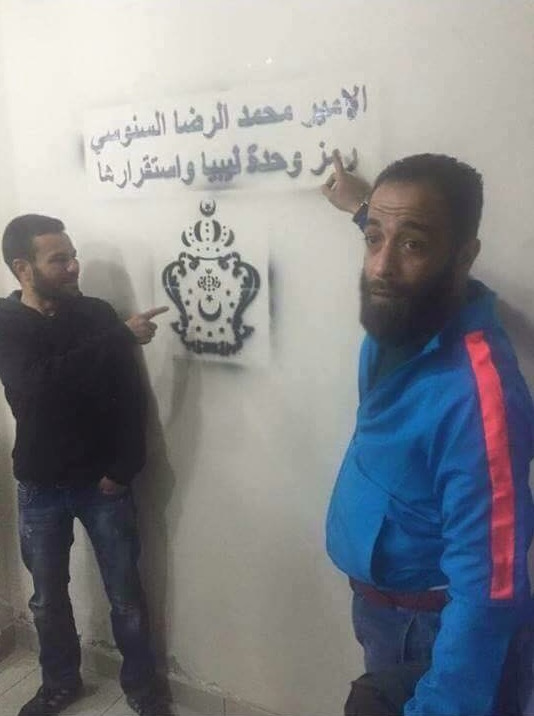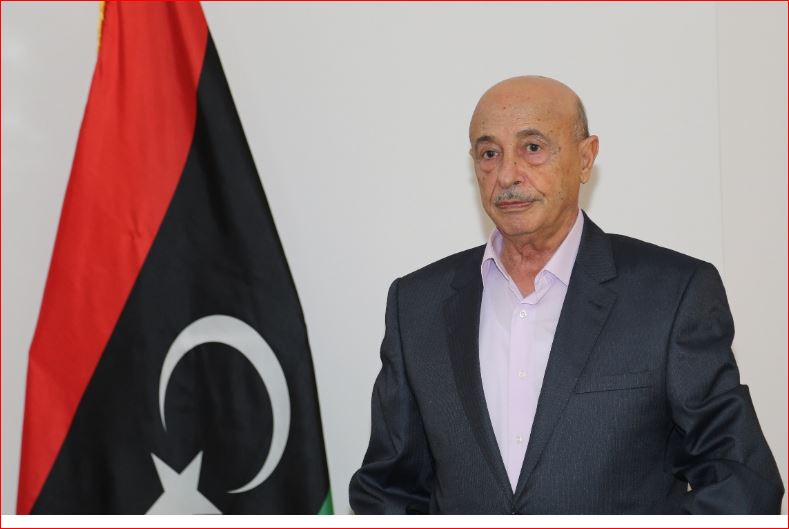By Libya Herald staff.
Tunis, 16 March 2016:
A proposal has been put to members of the Constitutional Drafting Assembly (CDA) which is hoped . . .[restrict]will end the current boycott by a number of its members and allow it move forward and complete its work. A 14-member committee of lawyers, representatives from tribes and women’s groups from across Libya has drawn up a series of proposals that they hope will reconcile the opposing groups within the assembly.
The mediation took place on the sidelines of a conference in Tunis last week on the work of the CDA organised by the Libyan Institute for Advanced Studies (LIAS). The conference drew various members of the CDA, boycotters and non-boycotters alike, as well as Libyan civil activists, lawyers and others wanting to know what exactly was the state of play with the draft constitution and, in view of the boycott, the CDA itself. Thirty-one CDA members were in the Tunisian capital at the time.
The non-boycotters also held two meetings of their own and also met with UN Special Envoy Martin Kobler.
The boycotters fall into two camps:
- The mainly western Libyans (their number varies between seven and 11) who object to handing out positions on the basis of a third each for Tripolitania, Cyrenaica and Fezzan. One of the constitution draft proposals is that the lower house of parliament will have 24 members from each of the three regions. All this, the boycotters say, is unfair to Tripolitanians who account for two-thirds of the population. They also object to the proposal that Libya should have three capitals, one in each region.
- Four Tebu and Tuareg members who walked out last August, complaining the a lack of commitment to a multicutural state ( Libyan officials currently prefer to describe the Tebu, Tuareg and Amazigh as “cultural communities” rather than ethnic minorities).
For articles to be included in the proposed constitution, 41 votes are required (two-thirds plus one of full membership of the CDA). It is supposed to have 60 members, athough four were never elected in the first place – the two Amazigh members because of a boycott by them and two from Derna because of threats to the elections by extremists.
According to one of the western boycotters, lawyer Mohamed Tumi, the non-boycotters can summon exactly 41 votes. But in practice not everyone turns up to meeting, which means the CDA is currently stalemated – which is where the mediation committee comes in.
Drawn up with LIAS help and accepted by both boycotters and non-boycotters, it listened to views of both sides and then drew up a seven-point proposal last weekend, according to one of the mediation committee members, lawyer Sghair Majeri. “We tried to reach a formula that allows both side to agree”, he said.
This was handed to the non-boycotters before many of them flew off to Oman at the invitation of the Omani government to consider their situation.
Majeri would not disclose what the seven points were in the proposal, but was hopeful that the plan would be accepted. The CDA members present in Tunis “said they will look at it” he explained. “Those who are not here phoned and they were told about it. They also said they will look at it and take it into consideration.”
The CDA can meet anywhere it likes for general discussions. However, it has to meet in Libya to vote on the final draft constitution for the Libyan public to decide upon in a referendum. [/restrict]








